Bombed And Looted: Yemen Battles To Save Its Heritage
The two facades of the National Museum in the Yemeni city of Taez bear testament to the ravages of a war that has consumed the Arabian Peninsula country.
One side has been beautifully restored to its former grandeur, recalling a traditional palace from earlier eras.
The other is pocked with damage, crumbling away to reveal collapsed floors and shattered walls.
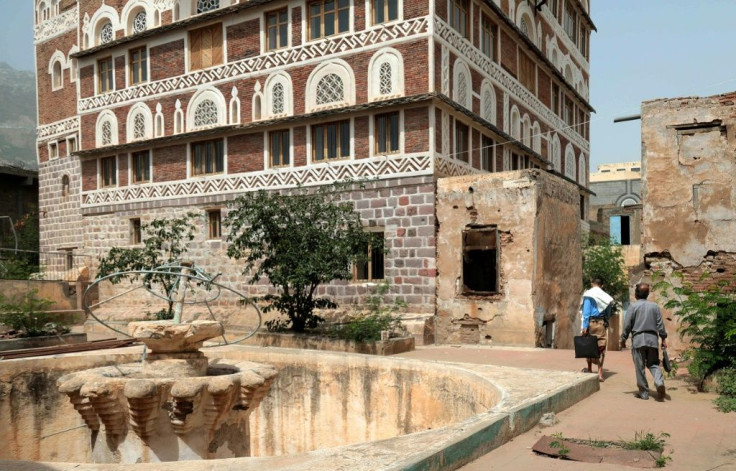
The refurbished side is resplendent with curved ornamental mouldings juxtaposed with intricate ochre brickwork, reminiscent of the style of old Sanaa, one of Yemen's four UNESCO World Heritage sites.
Established as an Ottoman palace, then a residence for one of Yemen's last kings, it became a museum in 1967.
It has since been "bombed" and "pillaged" according to its director, Ramzi al-Damini.
Taez, in Yemen's southwest, is under government control but surrounded by Huthi rebel forces.
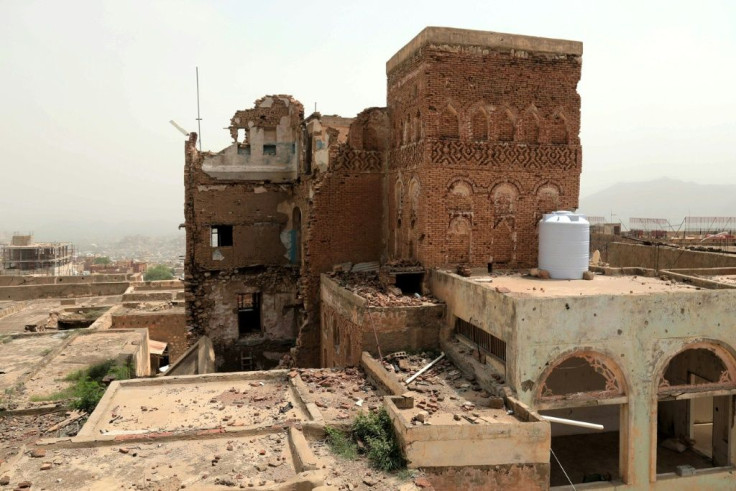
The renovated wings of the museum were restored in 2019 with assistance from the World Monuments Fund.
Yemen's bloody five-year conflict pits pro-government forces, including a Saudi-led coalition, against the Iran-backed Huthi rebels who have conquered much of the country's north, including the capital Sanaa.
Thousands have died, millions have been displaced, and disease and famine stalk the cities and villages, in what the UN calls the world's worst humanitarian crisis.
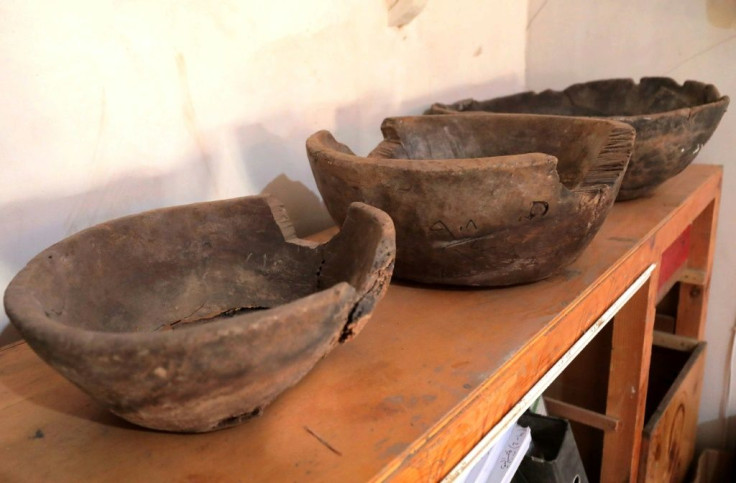
Yemen's rich cultural heritage has not been spared.
Inside the museum in Taez, a city ringed by mountains, ancient cooking utensils and priceless manuscripts lie exposed on wooden tables draped with old cloth.
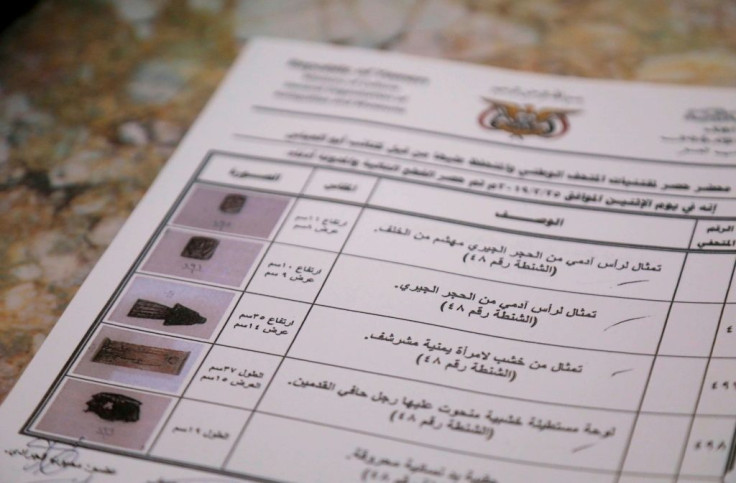
"The museum is packed with rare antiquities, including manuscripts and stone sculptures, swords and shields," Damini told AFP.
"We've recovered some of it, but significant pieces are still missing," said the director as he stood in a courtyard piled with bricks and steel girders.
He said he was in contact with the authorities and UNESCO to update them about the restoration works, but also to "recover articles smuggled out of the country".
"It's a difficult process," said Mohanad al-Sayani, head of Yemen's General Organisation of Antiquities and Museums (GOAM), which works with UNESCO.
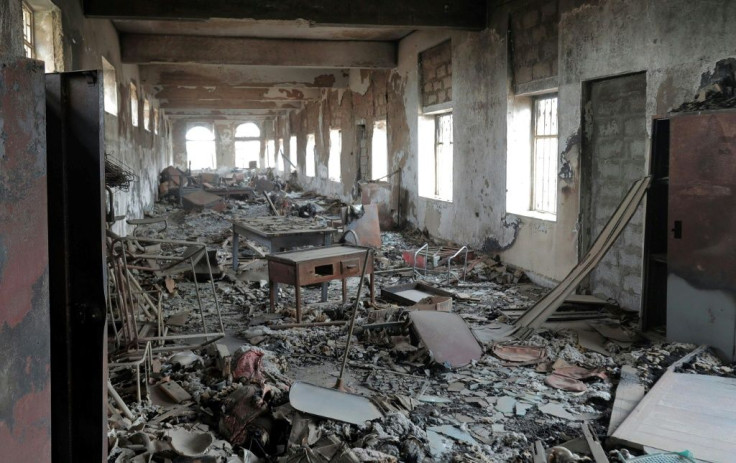
"We have two governments, a country in a state of war -- and the trafficking of antiquities existed long before the conflict."
Though there are no figures for the number of antiquities stolen, the authorities and UNESCO have undertaken inventories at several of Yemen's museums.
Restoration work is also underway at historical sites in Sanaa, Zabid, Shibam and Aden, Sayani said.
The war has "massively affected" archaeological sites, said Yemeni archaeologist Mounir Talal.
He recounted the bombings of old Sanaa, of a museum in Dhamar that used to house thousands of artefacts, and of Taez's Al-Qahira citadel, which blends into the mountainside.
"Palaces which date back to the Ayyubid dynasty (12th and 13th centuries) and the Rasulid dynasty (13th to 15th centuries) were, unfortunately, destroyed inside the citadel," he said.
"We find stolen Yemeni antiquities for sale online or at public auctions," Talal added, giving the example of a grand stone-hewn throne from the Saba kingdom, best known for the Queen of Sheba.
"How did it get out? We don't know, but it was up for auction in Europe where it might have already been sold," said the archaeologist.
Some Yemeni treasures have resurfaced in private collections in Gulf countries, including Qatar and Kuwait, said Jeremie Schiettecatte, an expert in the archaeology of the Arabian Peninsula at France's National Centre for Scientific Research.
He said he believed the destruction of Yemeni heritage elicited less international outcry than the desecration of artefacts in Syria and Iraq because of the involvement of Saudi Arabia, a major market for Western arms, in Yemen's conflict.
"There's a very strong link between the Yemenis and their heritage -- including pre-Islamic heritage," he said.
"(There is) great pride in the period when southern Arabia (modern-day Yemen) was the most advanced society on the Arabian Peninsula."
At the end of June, a renowned French archaeologist and his husband were charged as part of a sprawling investigation into the trafficking of antiquities from the Middle East, including Yemen.
A world away from the Paris probe, Taez's museum plans to re-open its doors in 2023, by which time it is hoped the conflict will have abated.
"Archaeological sites are being neglected and they are a major part of our appeal to tourists," said Taez resident Hisham Ali Ahmed.
"I'm hoping for a return to a normal life and a state that takes care of antiquities."
© Copyright AFP 2024. All rights reserved.





















